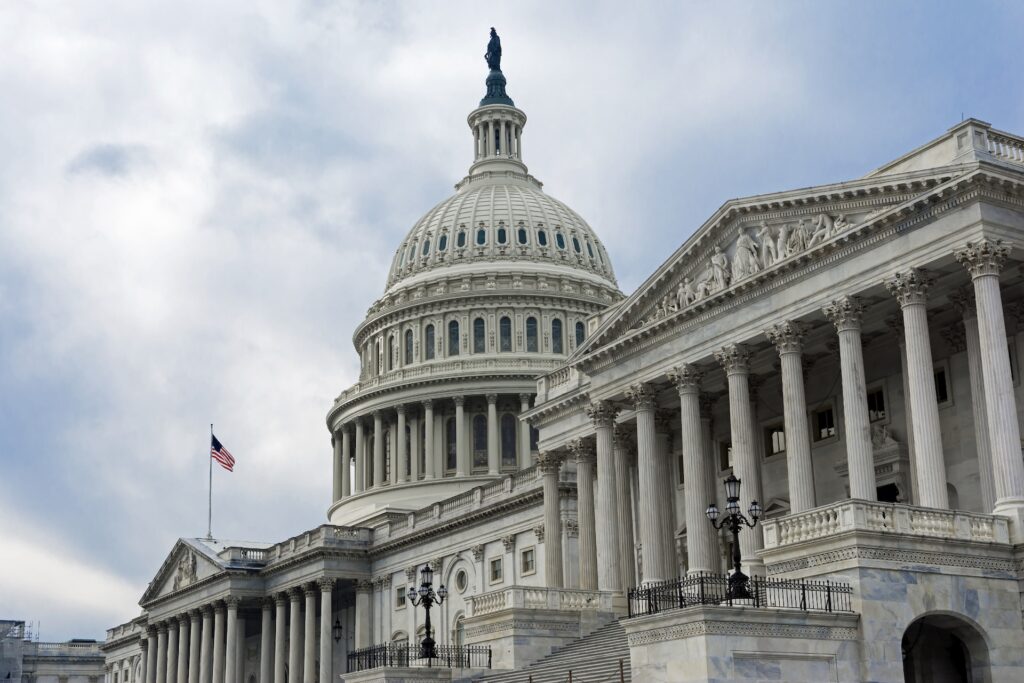The future of clean energy in the United States hangs in the balance as the Senate deliberates on the potential repeal of the Inflation Reduction Act (IRA). A group of five influential senators is at the center of this debate, with the power to significantly impact the trajectory of clean energy initiatives and the broader economy.
The IRA, enacted in 2022, has been a catalyst for an unprecedented surge in clean energy development and an industrial renaissance. However, its repeal, as part of the proposed “Big Beautiful Bill,” could lead to increased energy costs, economic downturns, and diminished national strength.
North Carolina: Sen. Thom Tillis
North Carolina has experienced a $23 billion influx in clean energy manufacturing investments since the IRA’s passage. The potential repeal threatens future job creation, with an estimated 17,500 jobs at risk. Sen. Tillis has voiced concerns about the negative impact on investors and America’s innovation leadership, describing a repeal as having a “chilling effect” on future energy sector investments.
Alaska: Sen. Lisa Murkowski
Alaska’s energy costs exceed the national average by 56%, largely due to reliance on imported diesel fuel. Sen. Murkowski advocates for renewable energy as a means to lower prices, foster job growth, and achieve energy independence. She has engaged in discussions with Interior Secretary Doug Burgum, emphasizing the importance of renewable projects for small communities.
“We’re coming to the department and saying, ‘I know that you put on pause funding for clean energy resources. If you don’t like the vernacular that we’re using, that’s fine, but look at it from the perspective of energy independence for these small communities and what independence means and looks like for them,'” Murkowski stated at the Alaska Infrastructure Development Symposium.
Kansas: Sen. Jerry Moran
The repeal of the IRA jeopardizes a $4 billion Panasonic EV-battery plant in Kansas, which promises 4,000 high-paying jobs. Sen. Moran supports an “all of the above” energy policy and has endorsed tax credits to bolster energy production, manufacturing jobs, and energy independence. He, along with other senators, has cautioned against the repeal, citing risks to investment, planning, and job creation.
Maine: Sen. Susan Collins
Since 2015, electricity prices in Maine have surged by 55%, the third-highest increase nationally. With 145 proposed renewable projects, Maine stands to gain $8.8 billion in investment, 9,100 jobs, and nearly 5 gigawatts of new capacity. A spokesperson for Sen. Collins conveyed her support for clean energy amidst public pressure, noting its consideration in the Senate’s reconciliation bill.
Utah: Sen. John Curtis
Utah has attracted $12 billion in clean energy investments since 2022, potentially creating 4,200 jobs across 50 projects. The repeal could decrease Utah’s GDP by $1.34 billion and result in 7,300 job losses by 2030, with households facing $289 million in higher energy costs by 2035. During a factory visit, Sen. Curtis praised energy tax credits for driving innovation and economic growth in Utah.
Sen. Curtis also founded the Conservative Climate Caucus and hosts the Conservative Climate Summit, underscoring his commitment to climate solutions.
Original Story at www.thecooldown.com
